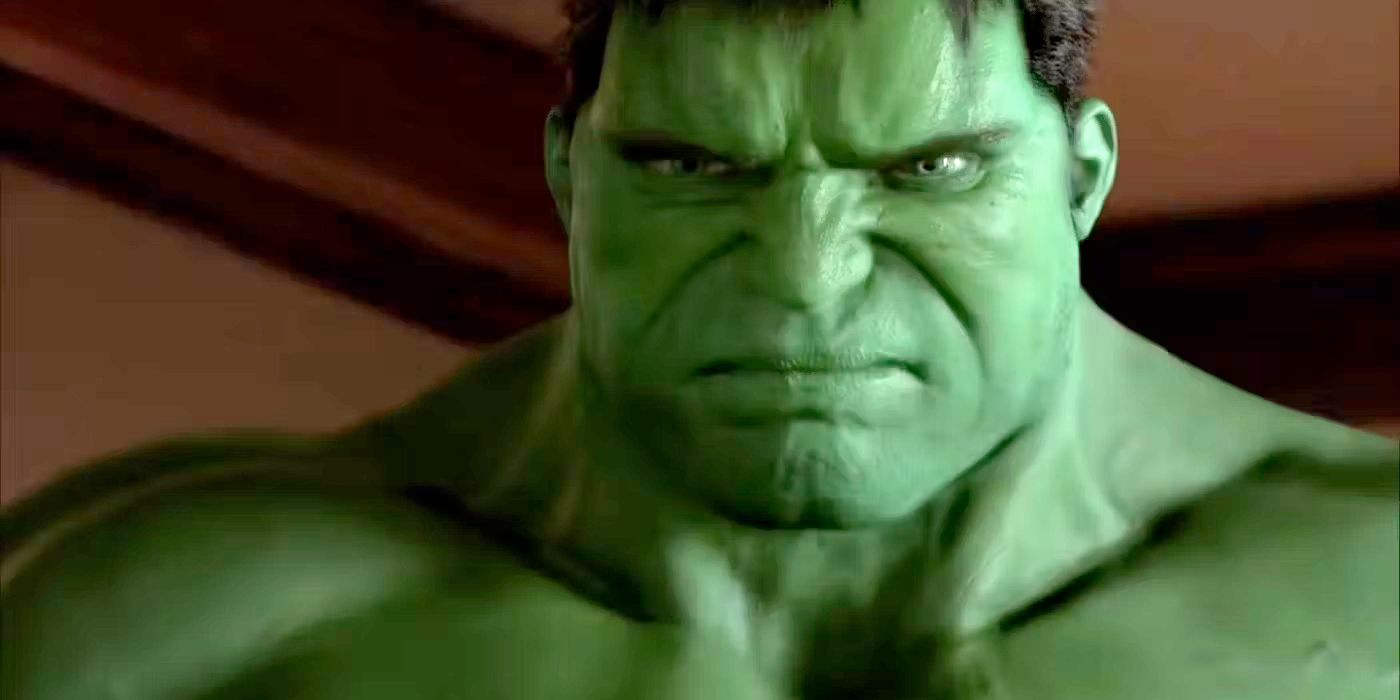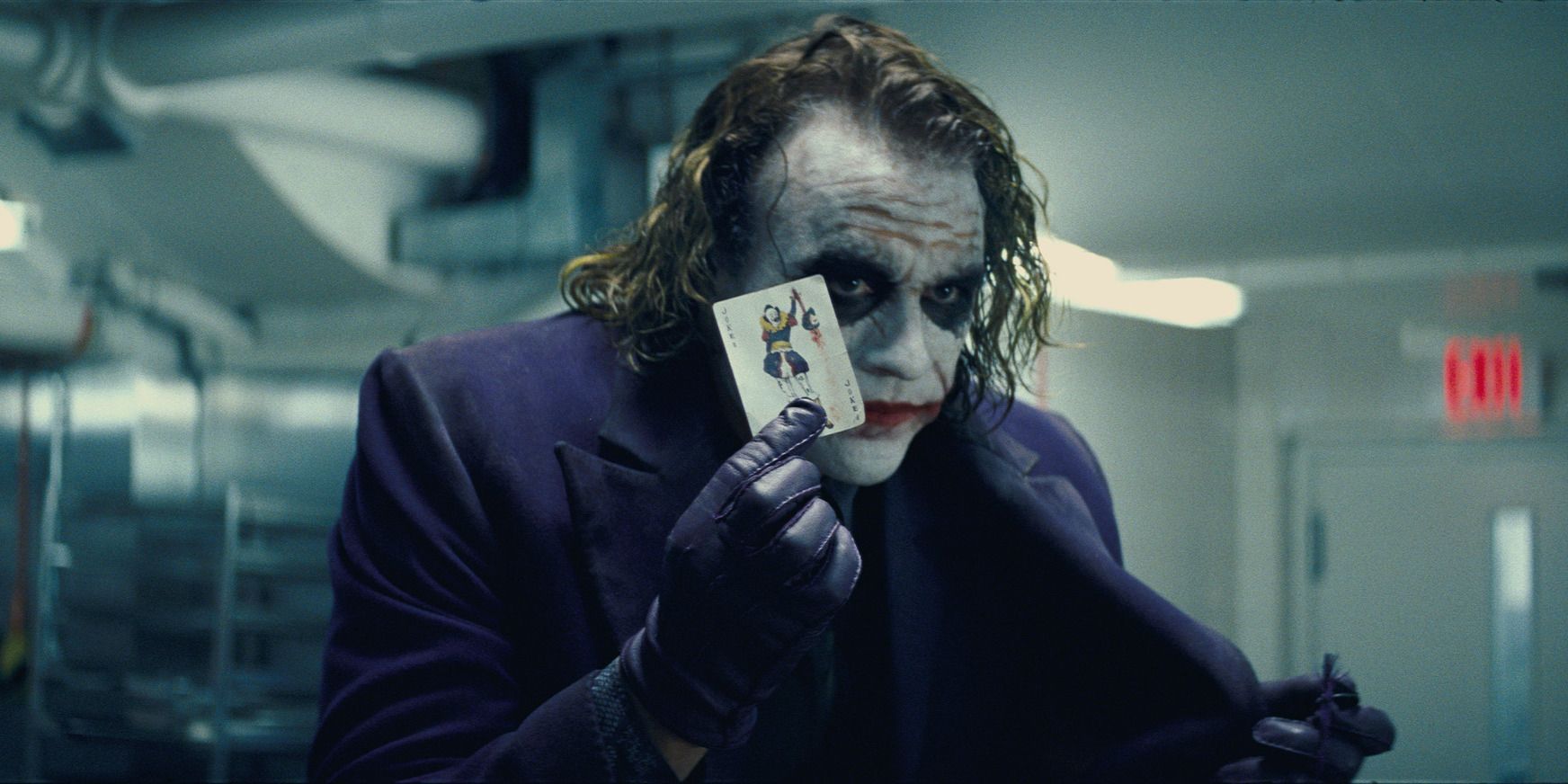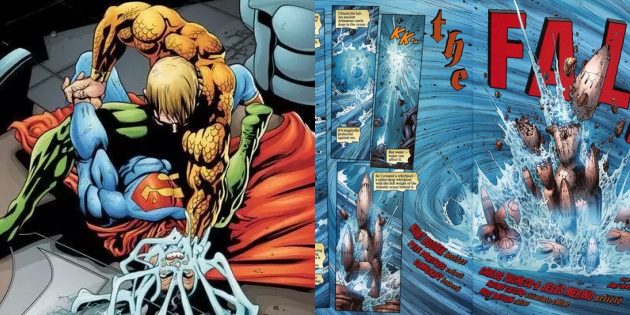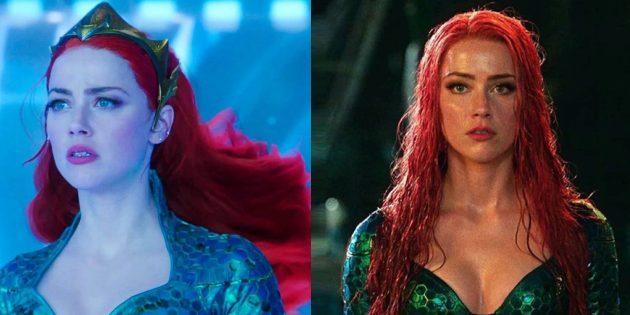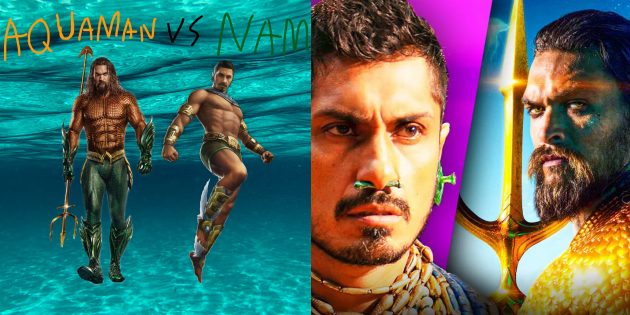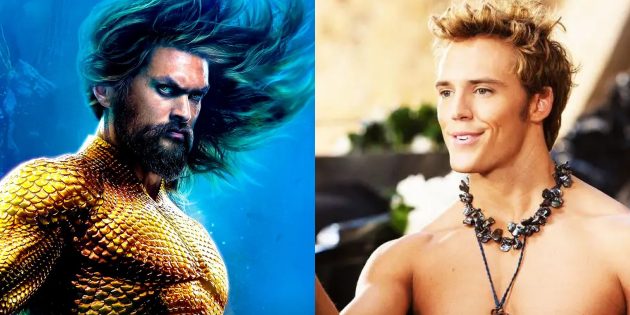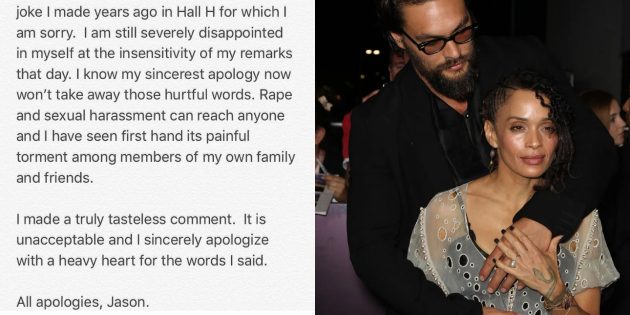2003’s Hulk wasn’t beloved when released as it explored Hulk’s deeper psyche. But it did kickstart a transformative era for comic book movies.
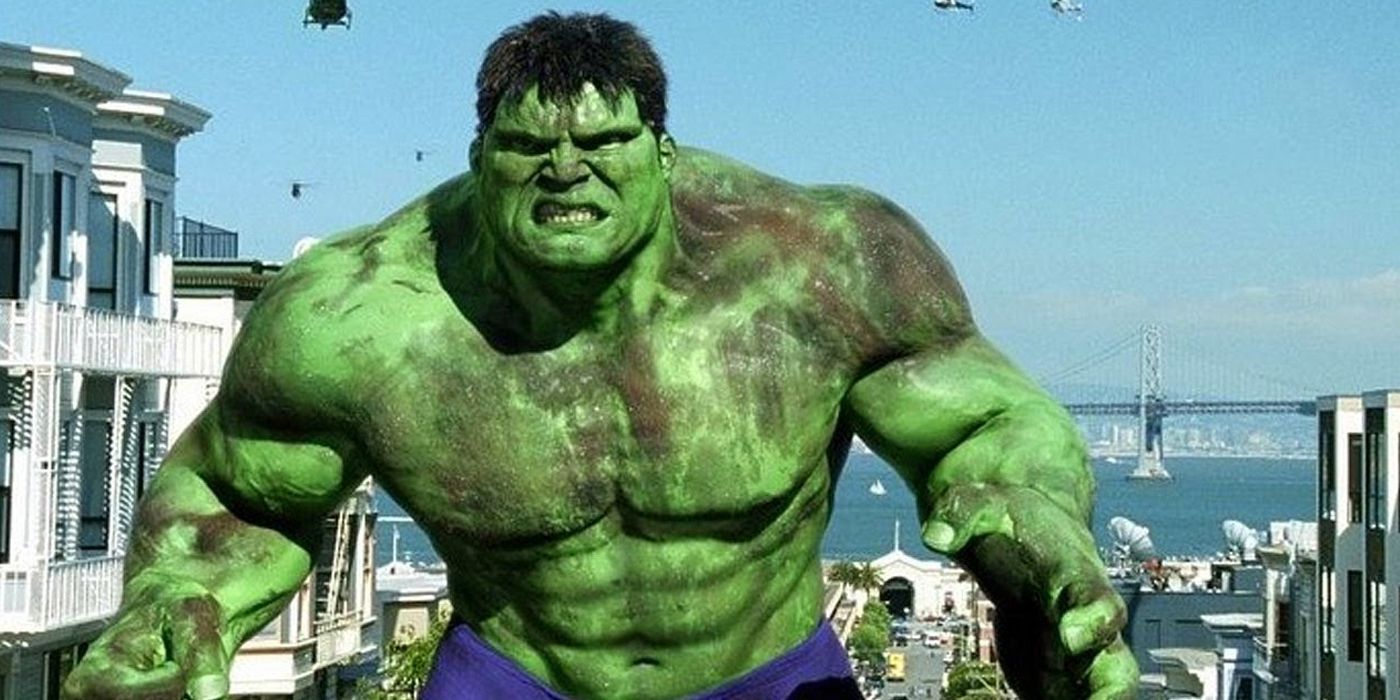
The Marvel Universe is filled with thousands of characters, some beloved more than others. But before the Marvel Cinematic Universe made Iron Man and the Guardians of the Galaxy household names, Marvel’s biggest points of popularity were Spider-Man, the X-Men and the Incredible Hulk. In fact, the Hulk may have been the most profitable hero for the longest time thanks to the hit live-action series that was released in the 1970s. However, when Hulk was released in theaters with a movie in 2003, the response wasn’t nearly as positive.
Ang Lee’s Hulk was a movie that chose to explore a new side of the tragic hero, and while unique, lacked what many fans wanted from the genre at the time. As a result, comic book films doubled down on an action-focused narrative that chose to focus on cool visuals over deep plot lines. While Hulk wasn’t a winner, it offered a teaser to a trend for comic book films that would come only a few years later, transforming the franchise.
Ang Lee’s Hulk Was Deeper Than Any Action Film
Ang Lee’s Hulk adapted the origin of the character in a different way from what the comic books had established. While Bruce Banner still saved a life, it wasn’t a Gamma Bomb that created The Hulk. Instead, it was gamma radiation and nanomeds that healed instantly and awakened a dormant beast brought on by the experiments of Bruce’s father, David. As a result, Hulk was more so a deeper examination of a father and son relationship where the Hulk was the repressed trauma of Bruce’s childhood and his anger given form.
Hulk still offered some action sequences to show off the power of the Green Goliath. But the real conflict was in Bruce overcoming his past to face his father and his future. Ang Lee’s Hulk was incredibly somber and layered and came at a time when films like the Spider-Man movies and Daredevil focused more on the action and less on complex metaphors. While these films still had that aspect, they didn’t become a strong foundation for the film so much as they build up to the final battle. In the end, Hulk dared to do more and while fans and critics like Entertainment Weekly hadn’t initially responded well to it, the film became a misunderstood cult classic that set the stage for much darker comic book movies.
RELATED:Black Panther’s Funeral Features No Avengers – But It Makes Sense
Ang Lee’s Hulk Ignited a New Era of Comic Book Movies
Because Hulk gained such a cult following, it allowed a new era of movie fans to examine the deeper meaning of the film. Because of this, it was easier to see the deconstructive nature of the film and how it stripped the concept of what it meant to be the Hulk. It was always more than an alter-ego and more so a way for Bruce to escape his trauma. By having audiences witness that trauma with him, it was clear the Hulk was a shield and nothing more. This same concept would later be applied to films like Logan which showed that Wolverine was more than a weapon, and no matter how hard he tried to escape it, he would always be a hero.
The same could be said for The Dark Knight, which challenged the meaning behind Batman and put forth the notion that a character like Heath Ledger’s Joker was his perfect foil because one couldn’t eliminate the other. But like all collisions, there would be collateral damage in their wake. The trend of dark comic book movies began with Hulk and while it wasn’t beloved for its efforts, the movie fell on its blade and formed a bridge for true classics to walk across and grow. In a sense, without Hulk, audiences may not have ever been able to witness Nolan’s Batman trilogy and future comic book movies wouldn’t have been inspired by it.


